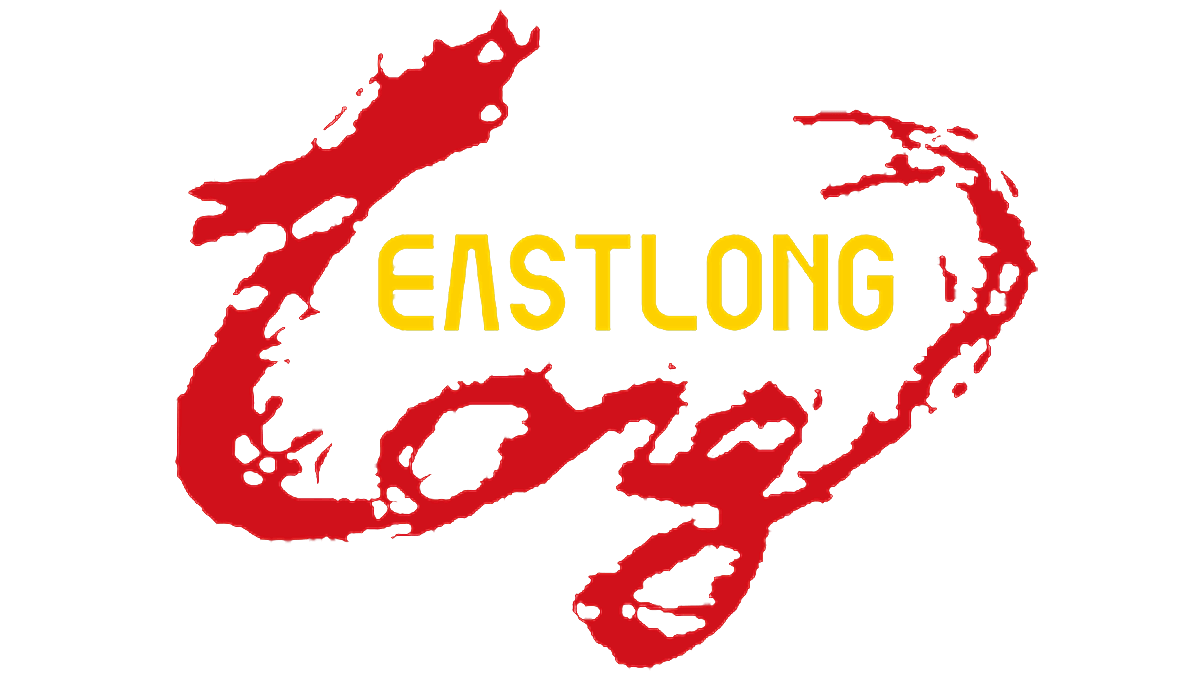- About Us
-
Products
- API 5CT Tubing Coupling
- API 5CT Casing Coupling
- API 5CT Tubing Pup Joint
- API 5CT Casing Pup Joint
- Cementing Tools
- Csaing and tubing pipe
- X-over Coupling or crossover
- Sucker Rod Coupling
- Tubing Tee
- Bridge Plug
- Rotary Downhole Dust And Sand Collector
- Valve Body
- Workover Rig
- uniform
- Oilfiled equipments
- Thread Protectors
- Drilling Pipe
- Others
- Silk Cap
- News
- Video
- Contact
- Send Inquiry
- Shop
- Home
Language
Henan Dongfanglong Machine Manufacture Co., Ltd
[Henan,China]
Business Type:Manufacturer Main Markets: Africa , Americas , Asia , Middle East , West Europe Exporter:41% - 50% Certs:ISO14001, ISO9001, OHSAS18001, API
